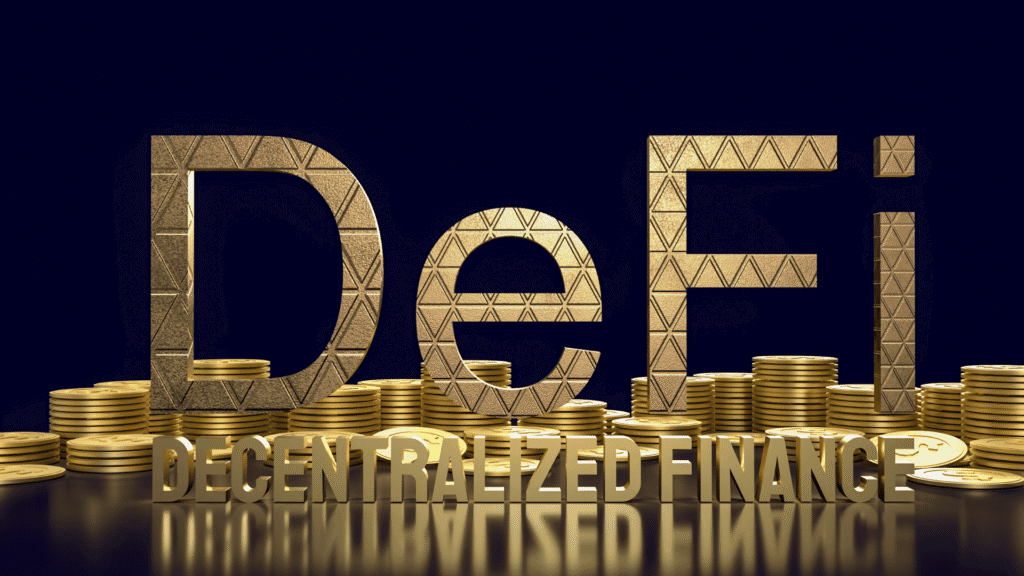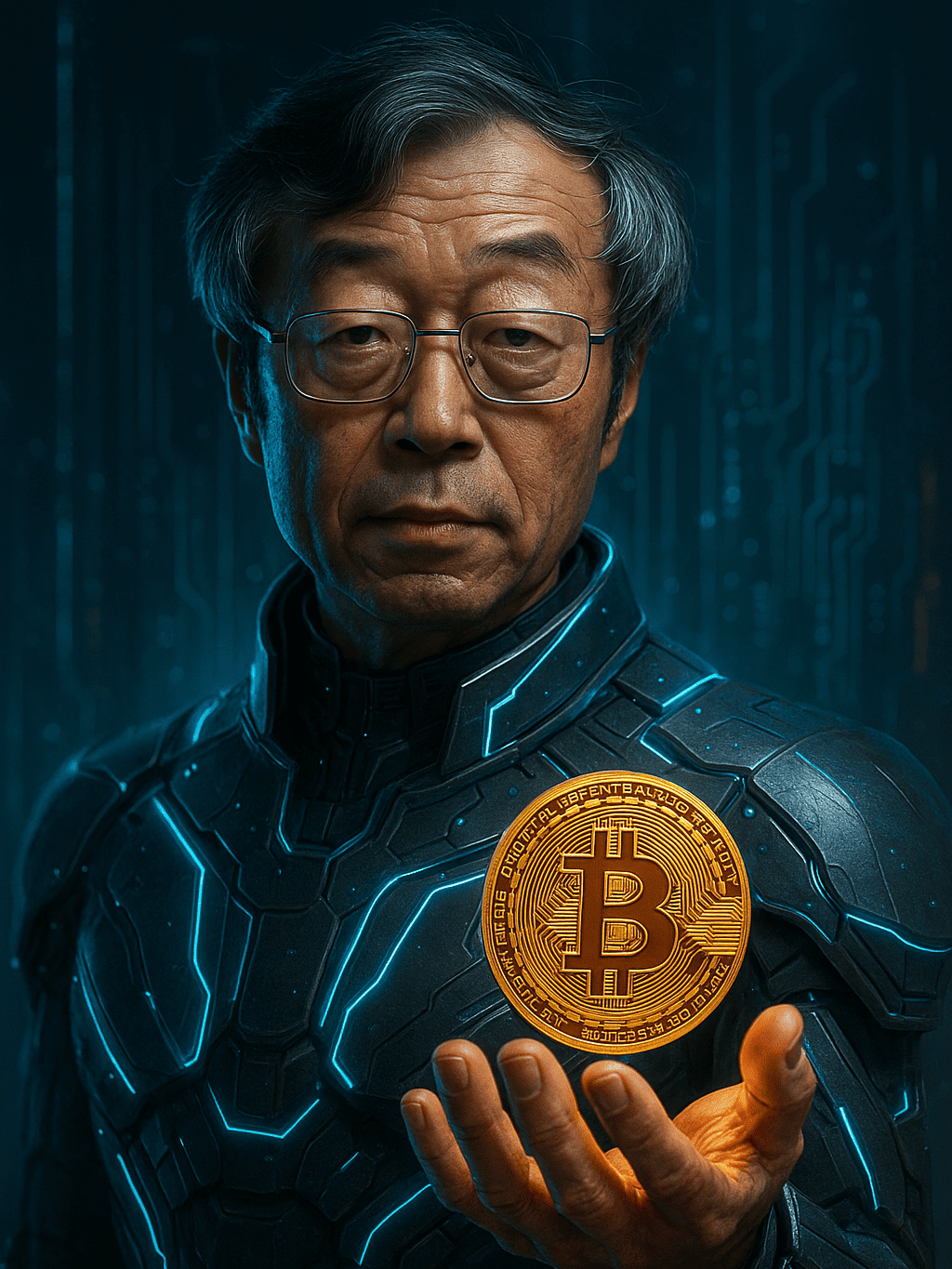
What is DeFi (Decentralized Finance)?
DeFi stands for Decentralized Finance, a revolutionary way to provide financial services without banks, brokers, or traditional institutions. Instead of trusting banks, DeFi uses blockchain technology and smart contracts to offer loans, savings, trading, and more — fully peer-to-peer.
Let’s dive deeper!

What is DeFi?
DeFi is an umbrella term for financial applications built on blockchains.
They allow anyone with an internet connection to lend, borrow, save, trade, and invest — all without needing permission from a central authority.
✅ Open to all
✅ No KYC (Know Your Customer) required
✅ Runs 24/7 without downtime
How Does DeFi Work?
Smart Contracts replace traditional financial agreements.
Liquidity Pools allow users to earn rewards by providing crypto assets.
Decentralized Exchanges (DEXs) allow crypto trading without a centralized company.
Example:
Instead of going to a bank for a loan, you can borrow crypto instantly on DeFi apps like Aave — directly from other users.
Key Features of DeFi
| Feature | Details |
|---|---|
| Decentralized | No central authority or bank controls it |
| Permissionless | Anyone can participate without approval |
| Transparent | All transactions are recorded on the blockchain |
| Interoperable | Apps can connect and work together (composability) |
Popular DeFi Applications
| App | Purpose |
|---|---|
| Uniswap | Decentralized crypto trading (DEX) |
| Aave | Lending and borrowing |
| Compound | Earning interest on crypto |
| Curve Finance | Stablecoin swapping |
| MakerDAO | Creating the DAI stablecoin (crypto-backed) |
Advantages and Risks of DeFi
| Advantages | Risks |
|---|---|
| Full control over your assets | Smart contract vulnerabilities (hacks) |
| Higher potential yields | Highly volatile prices |
| No intermediaries | Regulation is still unclear |
